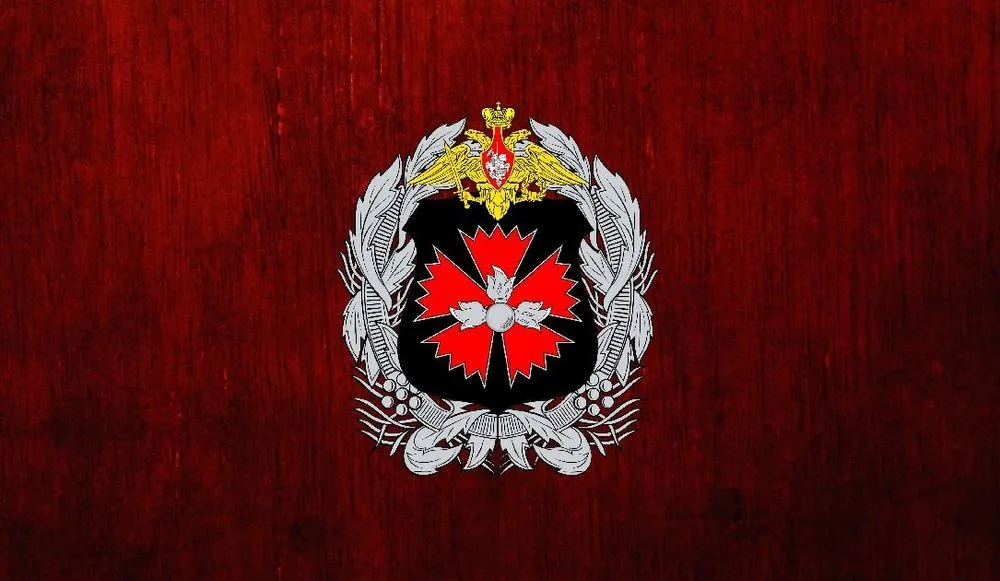Alleged Russian and Belarusian GRU spies charged in Poland
Two men arrested in Poland in April have now been charged with spying for the Russian military intelligence service (GRU), the Warsaw prosecutor’s office announced Wednesday.
An indictment against the men — one a Russian national and the other a Belarusian national — was filed with the District Court in Białystok on December 30 accusing them of conducting espionage activities for the GRU from 2017 until their capture.
According to district prosecutor Aleksandra Skrzyniarz, Poland’s military counterintelligence service uncovered that the pair had been conducting “reconnaissance of military facilities of critical importance to the defense of the Republic of Poland” with a particular focus on north-eastern Poland, near the border with Belarus.
The men sought to collect information on Poland’s combat capabilities, the morale of the military and unit functionality, and planned to pass this information back to the GRU.
The indictment came less than a week after Poland’s security agency warned that the country had been a “constant target” of pro-Russian hackers since the start of the war between Russia and Ukraine.
The prosecutor's office did not disclose how the men were pleading. If found guilty, they each face up to 10 years in prison.
Both of the defendants were legal residents in Poland. The Belarusian citizen had initially studied at one of the universities in Białystok and was later employed by a parachute training organization.
The Belarusian defendant “made contacts, including social ones, which he used in his activities for the Russian military intelligence,” while the Russian citizen had reportedly been living in Poland for 18 years during which time, according to the prosecutors, he “performed activities for the Russian intelligence under the guise of cultural activities and tourism.”
Among their other activities the men are accused of analyzing how soldiers of the Polish Armed Forces were responding to the “so-called migration crisis” caused by Belarusian president Alexander Lukashenko allegedly offering migrants tourist visas to fly into his country before being encouraged to illegally enter Belarus' neighboring states on foot.
Poland has been among the principal targets of Russian and Belarusian information operations, including the Ghostwriter campaign, which Mandiant assessed with high confidence was linked to the Belarusian government.
“We cannot rule out Russian contributions to either UNC1151 or Ghostwriter. However, at this time, we have not uncovered direct evidence of such contributions,” said Mandiant’s researchers.
Despite Mandiant’s caution, European Union officials formally accused the Russian government in September 2021 of being behind the Ghostwriter campaign, alleging that its agents were interfering with the elections and political systems of several EU states.
Back in June 2021, the Polish government said that cyberattacks from the territory of the Russian Federation were targeting some of the country’s most important officials, ministers, and deputies from various political parties.
Correction: Due to an editing error, an earlier version of this story mistakenly said migrants were encouraged to enter Belarus on foot, instead of Belarus' neighboring states.
Alexander Martin
is the UK Editor for Recorded Future News. He was previously a technology reporter for Sky News and is also a fellow at the European Cyber Conflict Research Initiative.



